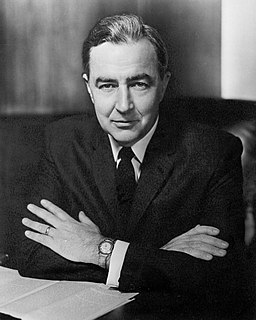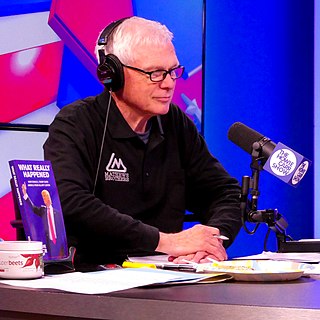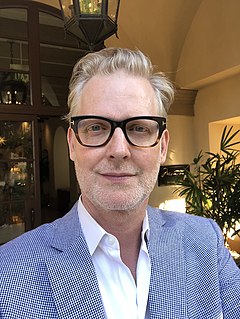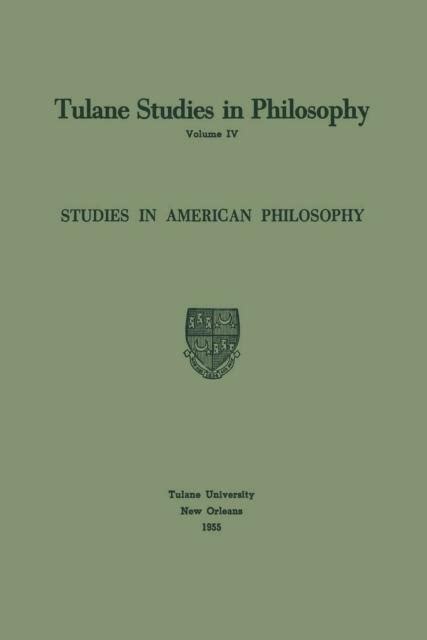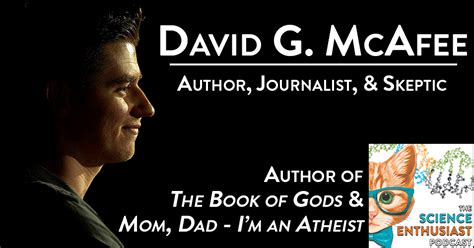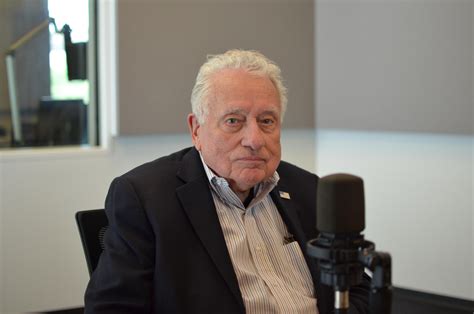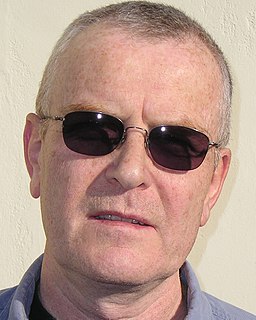A Quote by Eugene McCarthy
The difference between Carter and [Ted] Kennedy: Carter has this vague religion which he believes in strongly, while Kennedy has this strong religion which he believes in vaguely.
Related Quotes
If one believes philosophers, then what we call religion is only a deliberately popularized or an instinctively artless philosophy. Poets seem to consider religion rather as a variation of poetry which by misjudging its proper beautiful game takes itself too seriously and one-sidedly. Philosophy, however, admits and recognizes that it can begin and complete itself only with religion. Poetry seeks only to strive for the infinite and despises worldly utility and culture, which are the true antitheses of religion. Eternal peace among artists is thus not far away.
If you are religious, you believe that your religion is the 'right' one—and, in many cases, all others will be sent to hell. Similarly, a nationalist believes his or her nation is better or more advanced—and a racist believes that an inherent difference between each race make his or her ethnicity superior. All of these ideologies spawn the hate, philosophical disagreements, and prejudices that have been the catalysts for various atrocious acts throughout history.
The Democrats loved Jimmy Carter, even though - and, by the way, take a look at some economic circumstances. In 1980, the economy of this country was in the tank after four years of Jimmy Carter. I mean, it was desperately bad. Unemployment was sky-high. Carter had seen us through a couple of near-depression recessions, all of this coming out of Watergate, which happened in 1972.
But I am an optimist about Britain; and the difference between an optimist and a pessimist is not that the optimist believes the world is wonderful and the pessimist believes it's beset by challenges; the difference is the pessimist believes we will be defeated by them; the optimist thinks the challenges can be overcome.
Two visions of the world remain locked in dispute. The first believes all men are created equal by a loving God who has blessed us with freedom. The second vision believes that religion is opium for the masses. It believes that eternal principles like truth, liberty, and democracy have no meaning beyond the whim of the state. And [Vladimir] Lenin spoke for them.
